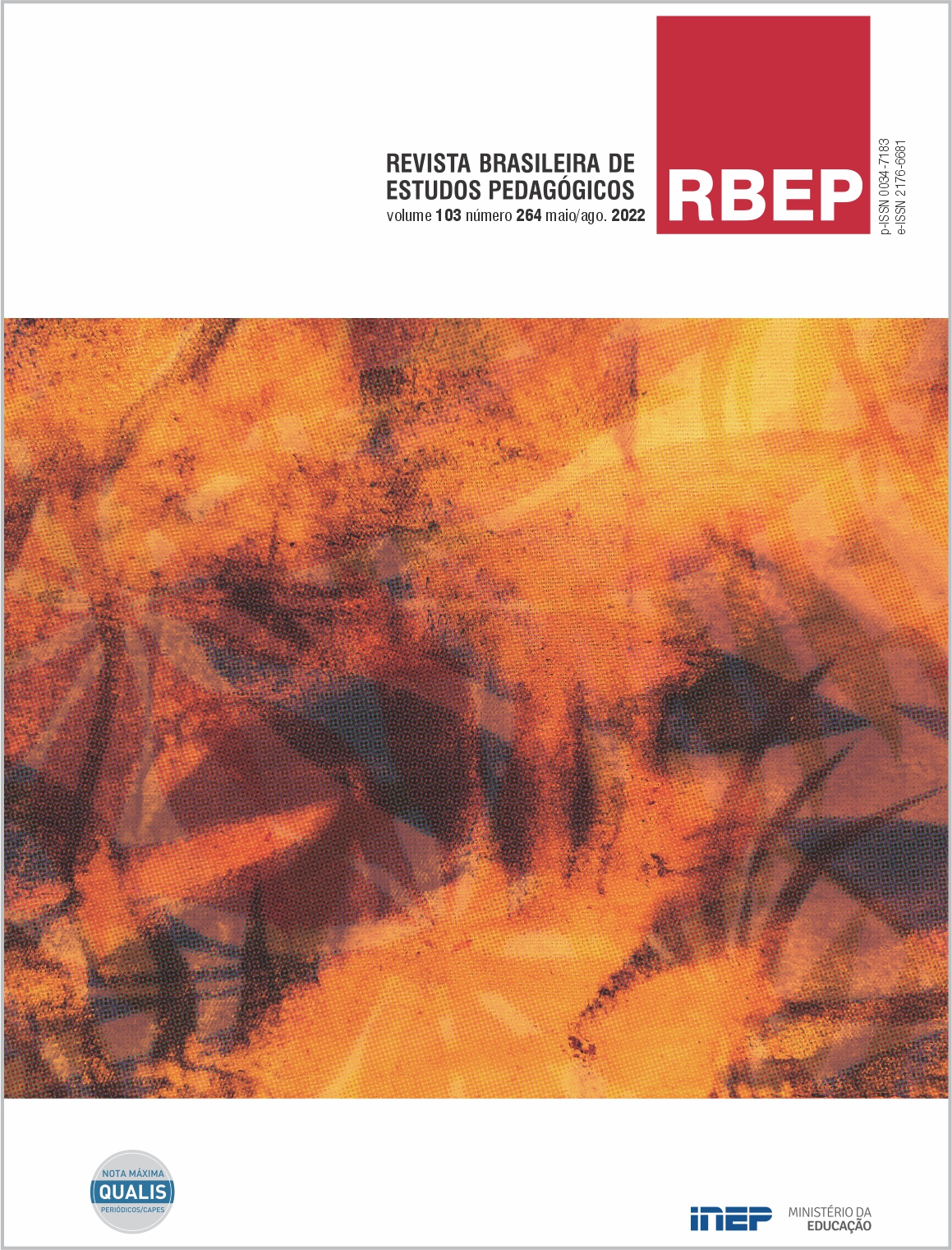Reading, comprehension and production of written texts in early childhood education: what do the curricula of six countries prescribe?
Abstract
This article analyzes what the curricula of six different countries prescribe, nowadays, on the teaching of reading, comprehension and production of written texts during the early childhood education. To this end, a documentary investigation was carried out that had as a corpus the national curricular documents of Brazil, Portugal, Canada – Quebec, France, Mexico and Spain, which were treated through the categorical thematic analysis of content. Results demonstrated that, in all the curricular documents examined, there is a commitment to the literacy of children under six years of age. Not assuming the teaching of reading comprehension strategies nor the production of specific written texts, the documents prescribe the promotion of interest in reading and writing texts, the skills of retelling stories and handling writing aids. They also defend the production of collective texts, with the teacher playing the role of scribe, in addition to children’s attempts at individual writing, even if they are written in non-conventional symbols.
Downloads
Copyright (c) 2022 Brazilian Journal of Pedagogical Studies

This work is licensed under a Creative Commons Attribution 4.0 International License.
Once their work is accepted for publication, author’s copyrights are automatically relinquished to the National Institute for Educational Studies and Research Anísio Teixeira (Inep).
Since 2016, the journal Revista Brasileira de Estudos Pedagógicos (RBEP) uses the licence CC-BY.
Partial or total reproduction of the content of this Journal is permitted provided that the original publication is properly referenced, as well as a link to license CC BY 4.0 and to indicate any possible alterations made to the article.




















